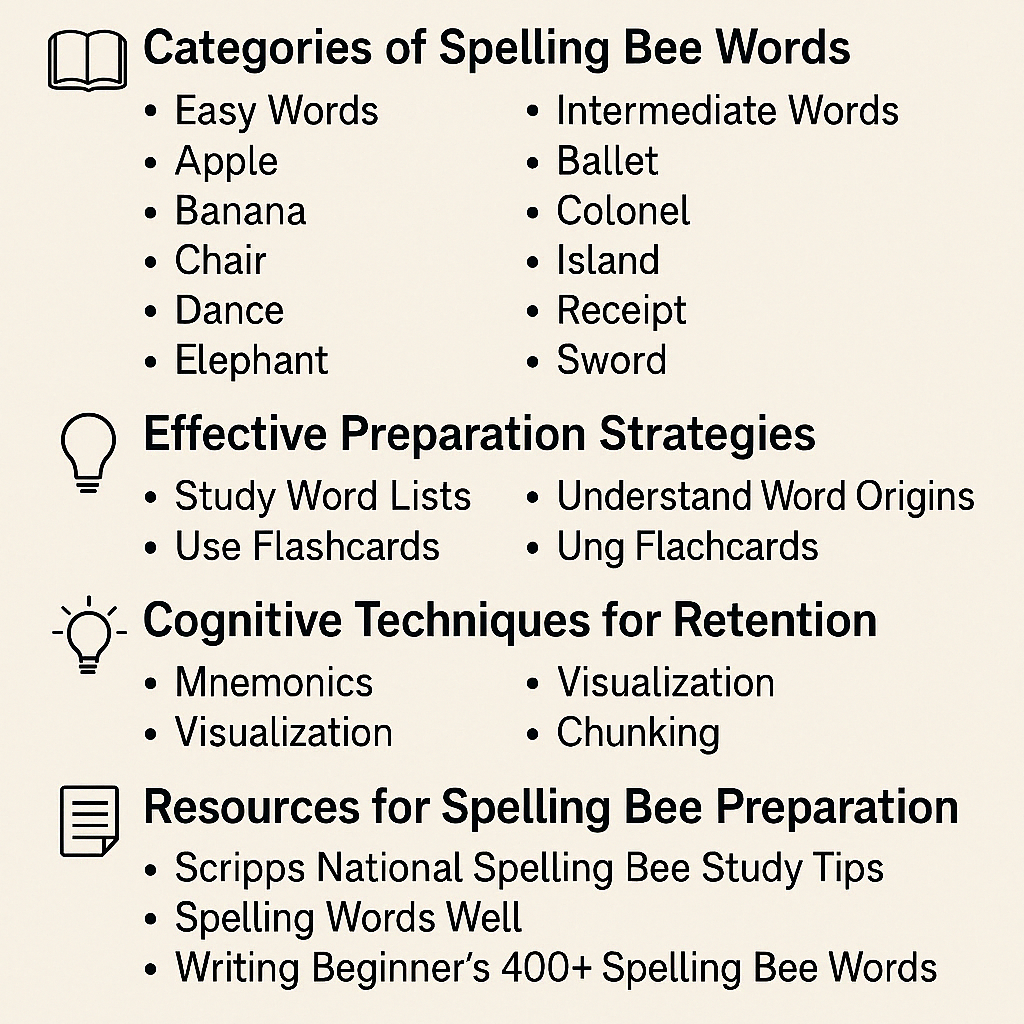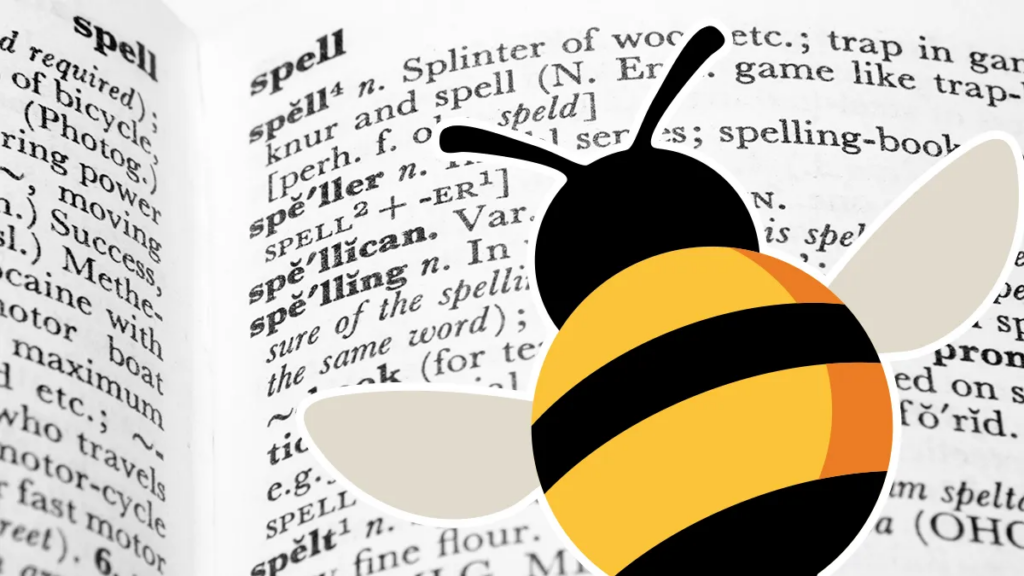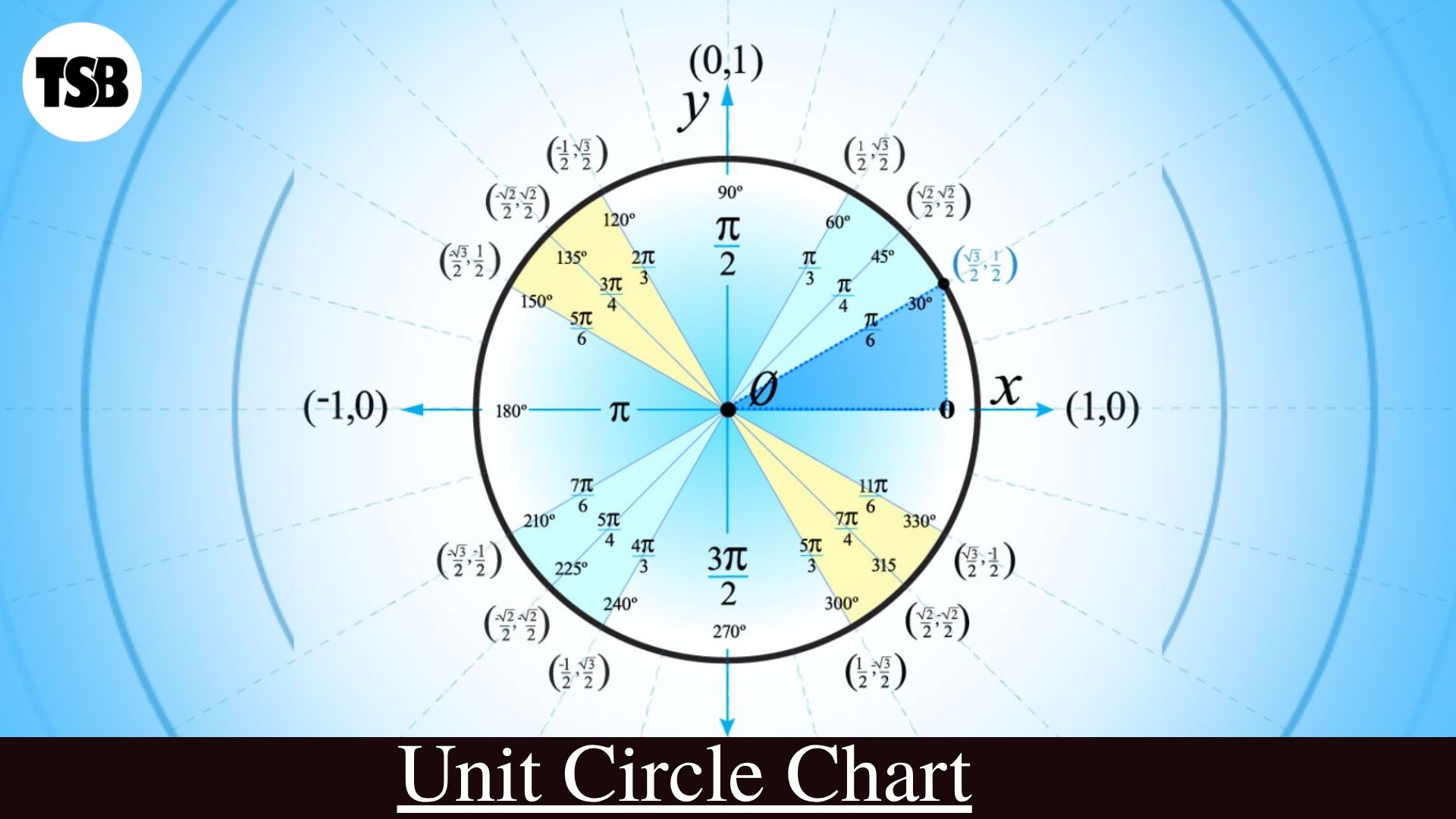Mastering Spelling Bee Words: The Ultimate Guide to Success

Introduction
Spelling bees have long been a hallmark of academic excellence, challenging participants to demonstrate their mastery of language. Whether you’re a student aiming for the Scripps National Spelling Bee or an adult looking to enhance your vocabulary, understanding the intricacies of spelling bee words is crucial. This guide delves into the types of words commonly encountered, effective preparation strategies, and resources to elevate your spelling skills.
Understanding Spelling Bee Words

Categories of Spelling Bee Words
- Easy Words: Commonly used in daily conversations and writings.
- Examples: apple, banana, chair, dance, elephant.
- Intermediate Words: Words with silent letters or unusual spellings.
- Examples: ballet, colonel, island, receipt, sword.
- Difficult Words: Often derived from foreign languages or have complex structures.
- Examples: scherenschnitte, myxomatosis, prophylactic, mythologise, xylophone.
Effective Preparation Strategies
1. Study Word Lists
Begin with grade-appropriate lists and progressively tackle more challenging words. Resources like the Scripps National Spelling Bee’s “Words of the Champions” provide structured lists for practice. Scripps National Spelling Bee
2. Understand Word Origins
Familiarize yourself with Latin, Greek, French, and German roots. This knowledge aids in deciphering unfamiliar words during competitions.
3. Use Flashcards
Create flashcards with the word on one side and its definition, origin, and usage on the other. Regular review reinforces memory.
4. Engage in Mock Spelling Bees
Simulate the competition environment to build confidence and identify areas needing improvement.
5. Leverage Technology
Utilize apps and online platforms like Spelling Bee Ninja for interactive learning and tracking progress. Spelling Bee Ninja
Cognitive Techniques for Retention

- Mnemonics: Create associations or stories around complex words to make them more memorable.
- Visualization: Picture the word in your mind, focusing on tricky parts to enhance recall.
- Chunking: Break down long words into smaller, manageable parts or syllables.
Resources for Spelling Bee Preparation
- Scripps National Spelling Bee Study Tips: Offers structured guidance and word lists for various grade levels.
- Spelling Words Well: Provides extensive word lists categorized by difficulty and grade.
- Writing Beginner’s 400+ Spelling Bee Words: A comprehensive list ranging from easy to impossible words.
❓ Frequently Asked Questions
Q1: What are some effective ways to remember difficult spelling bee words?
A1: Employ mnemonic devices, understand word etymologies, and practice regularly using flashcards and mock tests.
Q2: How important is understanding word origins in spelling bees?
A2: Extremely important. Many spelling bee words are derived from Latin, Greek, or other languages. Knowing common roots and patterns can provide clues to correct spellings.
Q3: Are there specific apps recommended for spelling bee preparation?
A3: Yes, platforms like Spelling Bee Ninja offer interactive tools and word lists tailored for spelling bee aspirants. Spelling Bee Ninja
Q4: How can parents support their children in preparing for spelling bees?
A4: Parents can assist by organizing regular practice sessions, quizzing their children using word lists, and encouraging participation in local spelling competitions for experience.
Conclusion

Mastering spelling bee words is a journey that combines consistent practice, understanding of language structures, and strategic preparation. With the right resources and dedication, success in spelling competitions is within reach.





